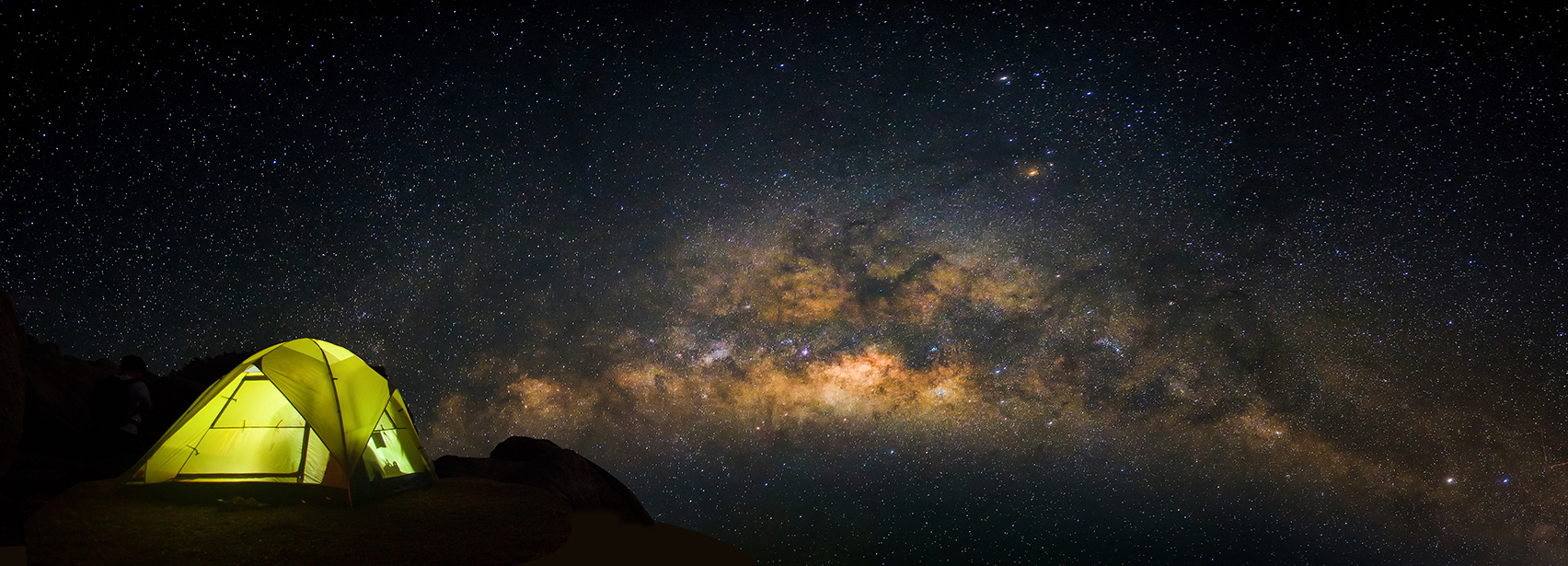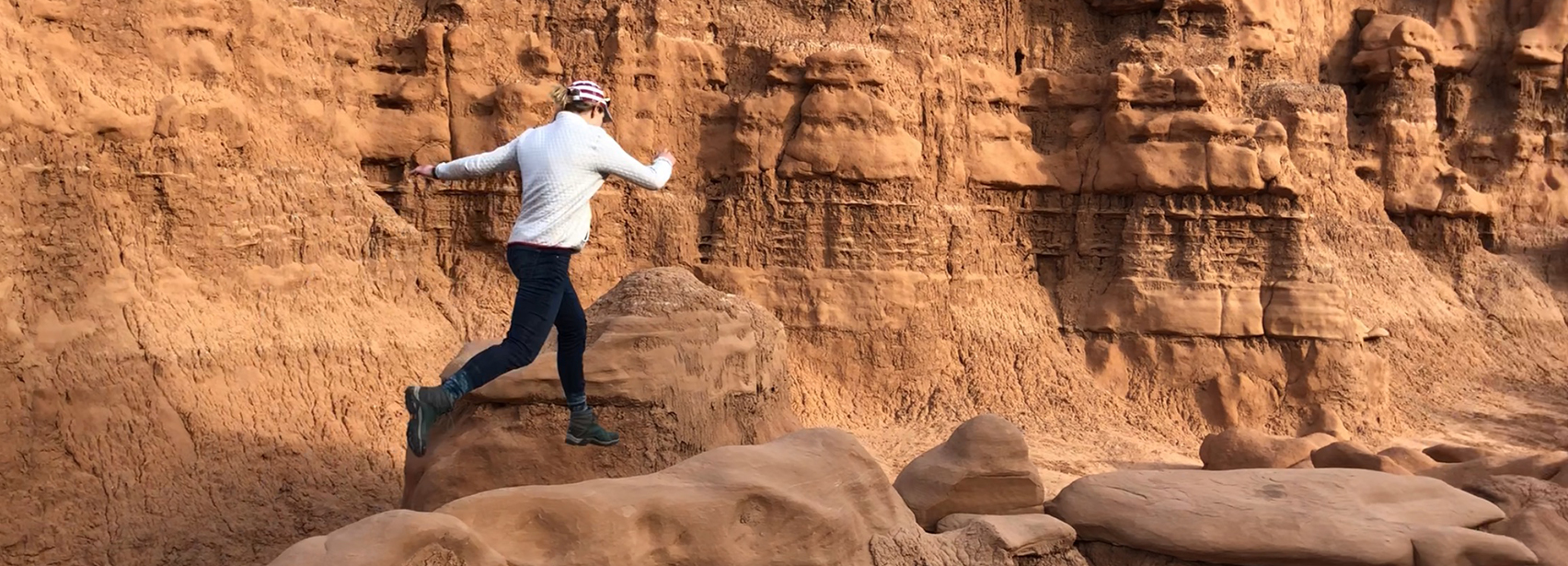This little nugget of wisdom jumped right out at us:
Sleep may be more essential to us than food; animals will die of sleep deprivation before starvation, says Steven Lockley of Brigham and Women’s Hospital in Boston.
To read the whole article, click here. We treat our sleep like it’s a luxury, but what if it is as important as the food we eat, and the air we breathe?
The science of sleep: we know more, but sleep less.
Scientists from Harvard point out that around the world we see that sleeping less does not equal living.
“It seems as if we are now living in a worldwide test of the negative consequences of sleep deprivation,” says Robert Stickgold, director of the Center for Sleep and Cognition at Harvard Medical School.
But what’s the worst thing that could happen?
Anyone who regularly sleeps less than six hours a night has an elevated risk of depression, psychosis, and stroke.
Oh, so really really really bad stuff. Not to mention obesity, car accidents, and general lack of productivity.
Why aren’t we sleeping?
We have talked about why we aren’t sleeping before here. Nat Geo seems to agree with us.
The average American today sleeps less than seven hours a night, about two hours less than a century ago. This is chiefly due to the proliferation of electric lights, followed by televisions, computers, and smartphones.
All animals need sleep
We found this particular segment interesting. The science of sleep when it comes to animals is pretty interesting. Personally, I’d like to be able to sleep like a dolphin with only half of my brain at a time.
Three-toed sloths snooze about 10 hours a day, a disappointing display of languor, but some fruit bats manage 15 hours, and little brown bats have been reported to laze for 20. Giraffes sleep less than five. Horses typically sleep part of the night standing up and part lying down. Dolphins sleep one hemisphere at a time—half the brain sleeps while the other half is awake, allowing them to swim continuously. Great frigatebirds can nap while gliding, and other birds may do the same. Nurse sharks rest in a pile on the ocean floor.
But whatever type of animal you are, it’s clear that you need your rest.
“Being awake is demanding,” says Thomas Scammell, a neurology professor at Harvard Medical School. “You’ve got to go out there and outcompete every other organism to survive, and the consequences are that you need a period of rest to help cells recuperate.”
The secrets to better rest
The author of the article doesn’t get too deep into prescriptions for better sleep. But we have talked a lot about how to get better sleep here and here. But the keys seem to be a cool, dark room, and of course, we recommend a good bed and pillow.
National Geographic has written an incredible article. “While We Sleep Our Mind Goes on an Incredible Journey”, Go read the whole thing here.



